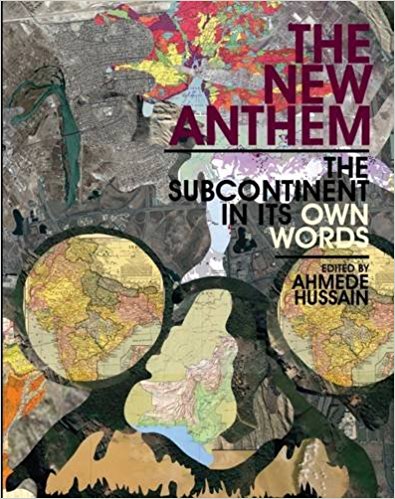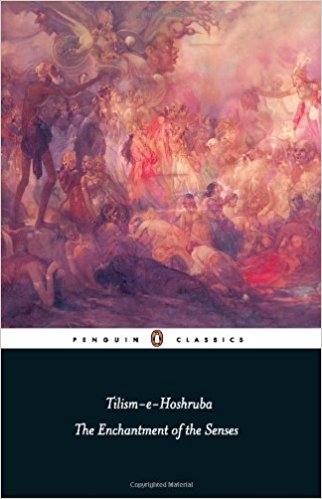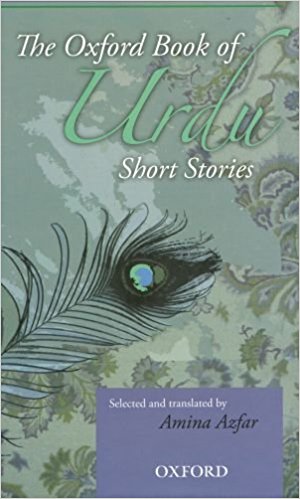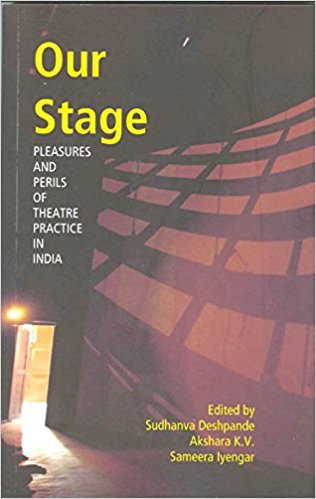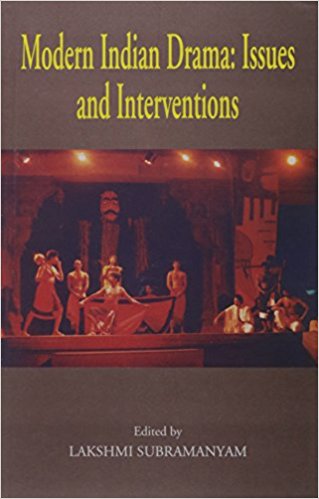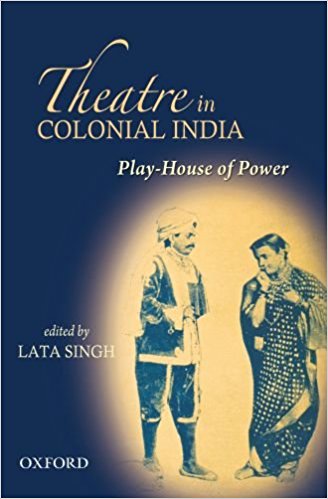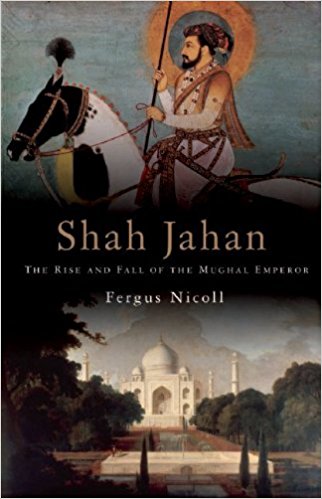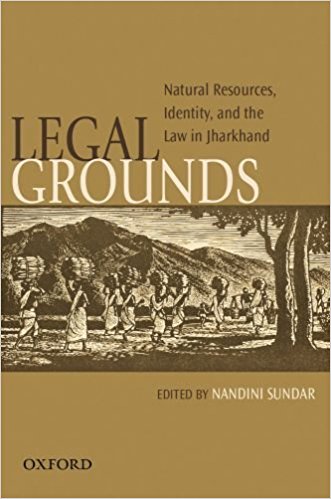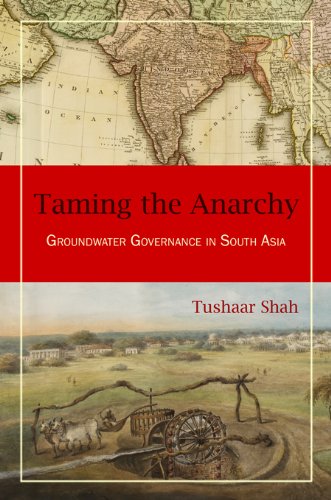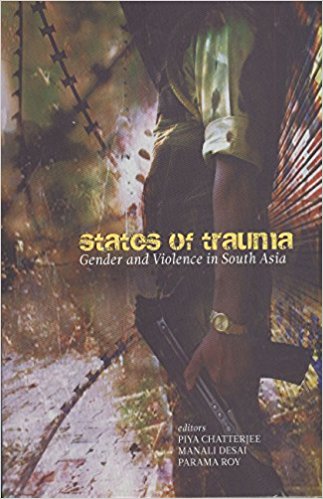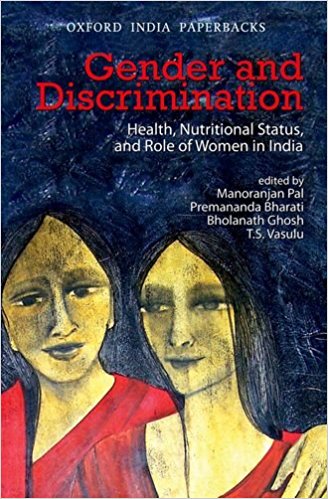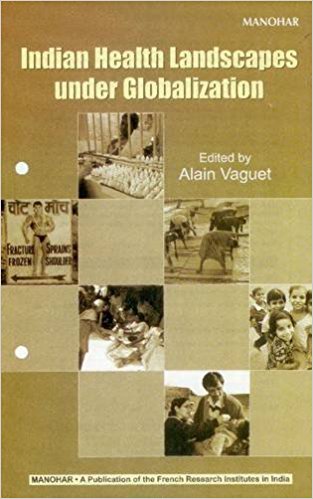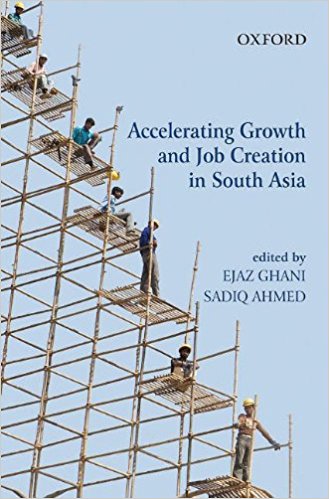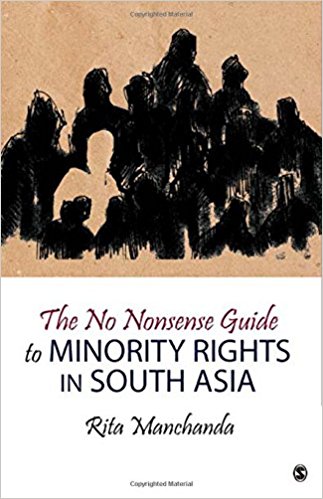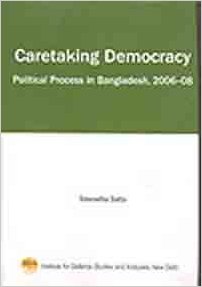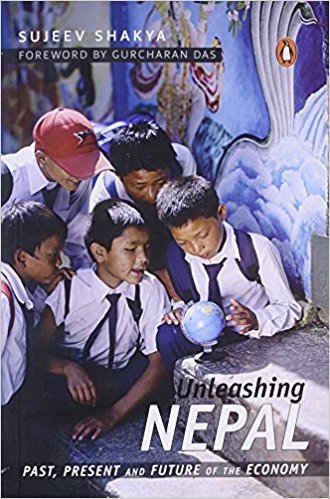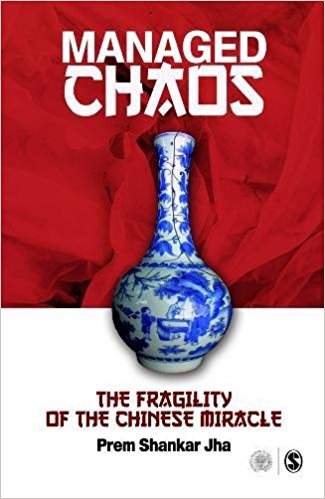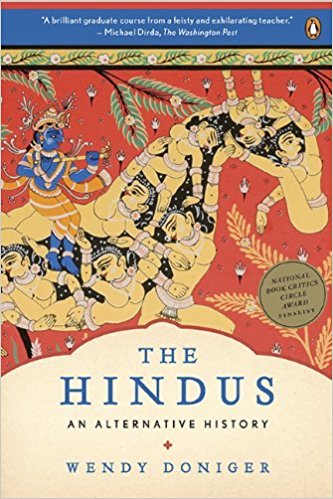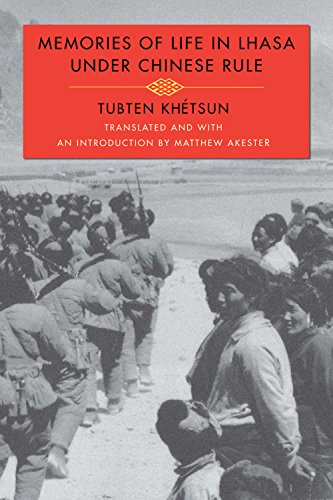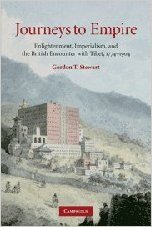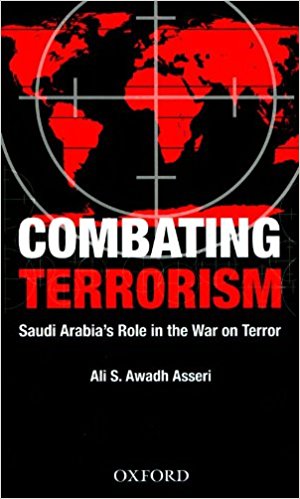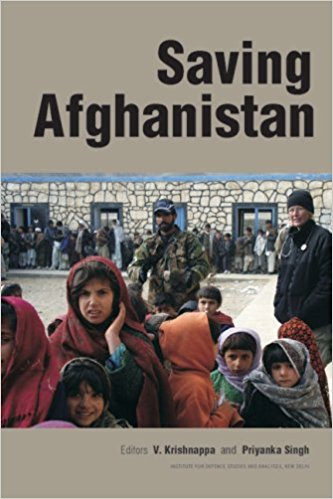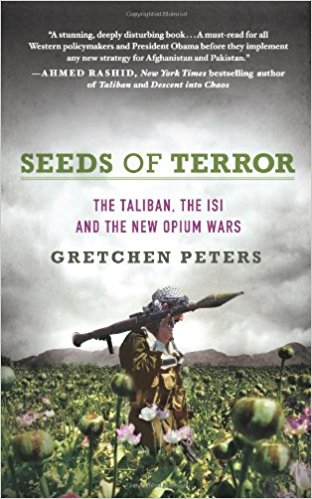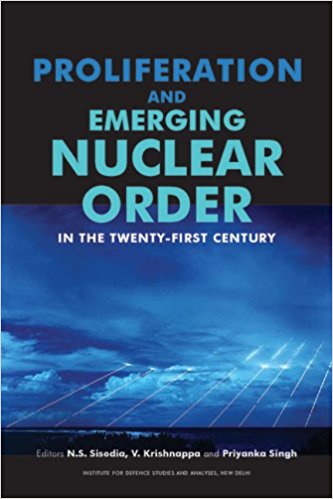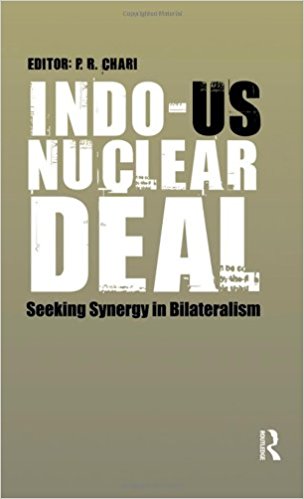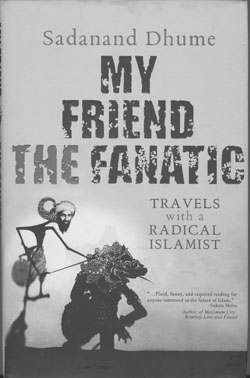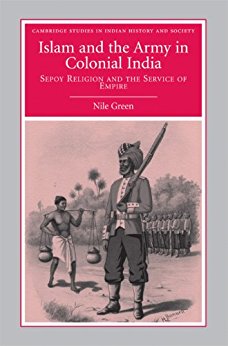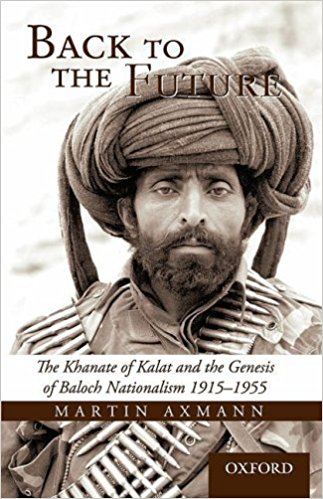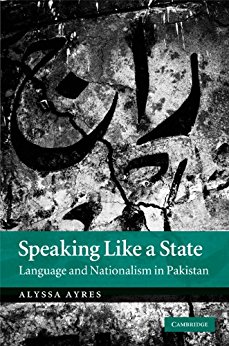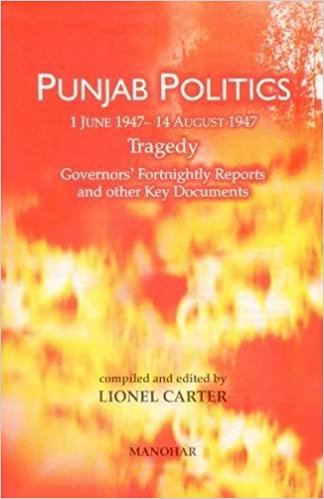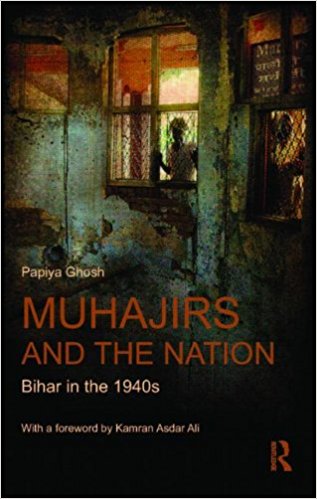Sikeena Karmali’s ‘Chahar Bagh: The Mulberry Courtesan’ is the longest in this collection of twenty-two stories. Like Tabish Khair’s‘Night of 16th January, 1955,’ Uzma Aslam Khan’s ‘From Trespassing’ and Mohsin Hamid’s ‘The Reluctant Fundamentalist,’ it is an extract out of a novel, although this one was awaiting…
Archives
February 2010 . VOLUME 36, NUMBER 2Tlism-i-Hoshruba, an epic fantasy, a part in the long series of Hamza dastans, was in many ways a watershed in the popular Urdu literature of its time and continues to generate academic and popular interest till date. In that it compares with Greek myths or Homer’s epics. In India, Tilism-e-Hoshruba is available in two versions…
Editing a substantial collection of short stories is a daunting task; it becomes especially so when the editor also doubles up as the trans-lator—that too of not one or two stories in the collection but all 22 of them. That Amina Azfar is a prolific translator is apparent from a quick look at the fly leaf of her new book…
This book grew out of a seminar organized in March 2008 by the India Theatre Forum, which had the idea of bringing together alarge group of theatre persons, academics, activists, thinkers and critics, and permitting them over three days to talk about issues relevant to India’s theatre today. The book is not a record of what was said…
Lakshmi Subramanyam’s book, Modern Indian Drama:Issues and In-terventions is a welcome endeavour given the lack of substantial theoretical work on postcolonial Indian drama. So does Subramanyam’s book break new ground in undertanding drama, theater and performance studies in India? Perhaps a closer look at the book could provide answers…
Is an editor of an anthology of essays anything more than a compiler? Is she (or he) merely expected to read widely on the subject, string to-gether whatever essays are available (and ideally unpublished), slap on an Introduction in which the contents of the essays are summarized, and dispatch it to the publisher?…
The book is a story or should we say history written with a differ-ence. The focus is on challenging the legends that have surroundedthe Mughal emperors and therefore their reappraisal. In his pursuit to do so, Fergus Nicoll is urged to make some observations which may not entirely be historically sound, probably because of his large dependence on the travellers’ accounts…
Many of the struggles in postcolonial India have been over the right to use natural resources. Today, after more than sixty years of independence, issues of control over land, forests and water resources remain extremely contentious. Legal Grounds is a collection of essays edited by Nandini Sundar which seeks to explore how the state…
In recent years there has been much concern at the reckless, unregu-lated and destructive exploitation of groundwater in many parts ofIndia and a general agreement on the urgent need for regulation, though there have been differences on the form and modalities of regulation. From his writings in the Economic and Political Weekly…
Literature on the relationship between gender and violence has largely focused on theorizing specific acts of violence (rape, dowry, female infanticide, domestic violence among others) or on documenting the experiences of violence against women across the world. The latest publication by the editors Piya Chatterjee (Associate Professor…
China and India are among the few exceptions in the world which continue to show stark deprivations that are specific to women orgirl children while the per capita GDP growth has been moving ahead at a phenomenal pace. Neglect of a section of the population has resulted in the lower survival rates of women and female children…
Over the last three and a half decades or so, one of the most striking phenomena has been the emergence of the medical industry as the second largest industry in the world, after, of course, arms.
This volume is the outcome of a regional conference, called the Second SAARC Business Conclave that brought together a numberof key players from the private sector, policy makers, and academics who expressed hope that if the reform processes are in place, South Asia has the potential to achieve and sustain higher growth…
If nation states in their very creation are majoritarian in their thrust besides being the repositories of (often unbridled power) how havecertain institutions and instruments of minority rights protection proved effective in Europe but remained singularly undeveloped in South Asia?While this question posed succinctly in the foreword to this anthology remains unanswered in all its complexity, the work is a substantive and thorough exploration of ‘minority’, a concept that is both rich and diverse…
2006 had been a fraught year for Bangladesh. Differences between the two major political parties, the Awami League (AL) and theBangladesh Nationalist Party (BNP) that go well beyond democratic discourse has been a constant in Bangladesh for over thirty years. What now lent a special edge was the determination of the BNP…
Nepal’s crises—political, economic, social, cultural—seem to be without end, and nowhere is the sense of despair more acutethan among Nepal’s thinking elite. It should therefore be a matter of some considerable interest to all Nepal watchers that this book, written by one with sound businessman-economist credentials…
China became the third largest economy in the world after the United States and Japan with an estimated $4.8 trillion in gross domesticproduct in 2009. With near nine per cent growth rate projected in the financial meltdown year of 2009, China still leads the world in growth rates, although it would need several decades to actually…
As an individual deeply interested in the religion and culture of early India, I have consistently admired the writings of Wendy Doniger, enjoying every bit of what I have been able to read of her several works, ranging from lengthy monographs to crisp prefatory remarks and editorial interventions. Other than a sparkling…
What is special about the autobiography of an ordinary man? Not much perhaps, except that it may well be an accuratedocumentation of life on average. This element of the prosaic is precisely why Tubten Khetsun’s book is pertinent. Presenting theviews and circumstances of an ordinary Tibetan…
Gordon T. Stewart’s book is fascinating, for being English he has Stewart has had an advantage in easily accessing the old British agents’ diaries, letters and political dispatches. The book contains every feature of what the empire stood for: enlightenment, imperialism and interest. The book is interesting but repeats the same wistful narratives…
It can be inferred from the author’s profile on the dust jacket that he is bassador in Lebanon, he has earlier been the Saudi kingdom’s ambassador to Pakistan between 2001 and 2009. His earlier career was in the police prior to his moving to appointments in which he looked after the security of Saudi diplomatic assets…
The very title shows the self-confidence and optimism of the editors, and also, of most of the scholars who have contributed to the volume. Such self-confidence and optimism are sadly lacking among decision-makers. Of course, the decision-makers, including the US President Obama, have good reasons for lacking in optimism…
The search for a final theory of everything is an enduring, if not always endearing, part of human endeavour. If that search is successful it should yield explanations for all that we see around us, natural phenomena of course, but also human behaviour, the way societies function, national and international events and developments…
This is a slim volume, but attempts to grapple with the problems of nuclear nonproliferation in the most contentious areas of the world.The book opens with a remarkable Address by the External Affairs Minister, Pranab Mukherje, which needs some comment. Unusually for a minister, this is a frank essay that speaks of the economic shift of the center of gravity to Asia…
Most contemporary great and major powers, unless protected by alliances, possess nuclear weapons, although as North Korea and Pakistan prove, having a nuclear weapon does not make you a great power—they just make you a tough problem. Nuclear weapons are very costly and require a large industrial infrastructure for their fabrication…
Despite the fact that an overwhelming majority of Muslims live outside the Middle East, the words Arab and Muslim are used synonymously and the Arab world continues to remain the ‘center’ of the Muslim world. It takes bomb blasts for the world to sit up and notice that something is happening in the ‘Islamic periphery’ as well…
Fakirs with their puppet shows exhibit military conflicts which end with the flight of the English. Songs resound the praises of our enemies and reports are industriously spread to rouse thenative troops and inferior classes of inhabitants in action . . . The very salt we manufacture is said to be mixed with the blood of cows or swine, Hindus and the Musulmans’…
Close to 300 insurgency-related deaths were reported from Balochistan in 2009, which is a marginal improvement over the previous year’s toll of 350. Such ‘statistics’ notwithstanding, the Baloch insurrection remains a critical problem for the nation building exercise in Pakistan. Pakistan’s attempt to enter into a process of dialogue…
Alyssa Ayres’s 217-page book is a mas-terful exposition of the role that language has played in ‘engineering’ the ‘idea of (modern) Pakistan.’ Divided into ten chapters, Ayres fleshes out Pakistan’s experience with the Urdu language, used by the state as a means to justify the ends of nationalism and national unity…
2010
The partition of India is once again big news. Last year the BJP stalwart, Jaswant Singh in Jinnah: India-Pakistan-Independence, New Delhi: Rupa and co.), was summarily expelled from the party for daring to suggest that it was the intransigence of leaders like Nehru and Patel that compelled Jinnah to go down the road of a separate homeland of Pakistan for Muslims of India.
This last book by Papiya Ghosh, released posthumously almost three years after her tragic death in 2006 is a work of great acumeninvolving exhaustive research with arguments and findings based on a plethora of sources. The valuable manuscript was almost lost but was retrieved from the stolen computer held in police custody…
About a year ago as an Honorary Fellow of the Nehru Memorial Museum & Library I had chosen to work on Nehru—first from 1930–1947 when Nehru was preparing himself for taking India to an exciting future; second, 1947–1964 when Nehru did become the steward of India’s development, policy, direction and journey.

